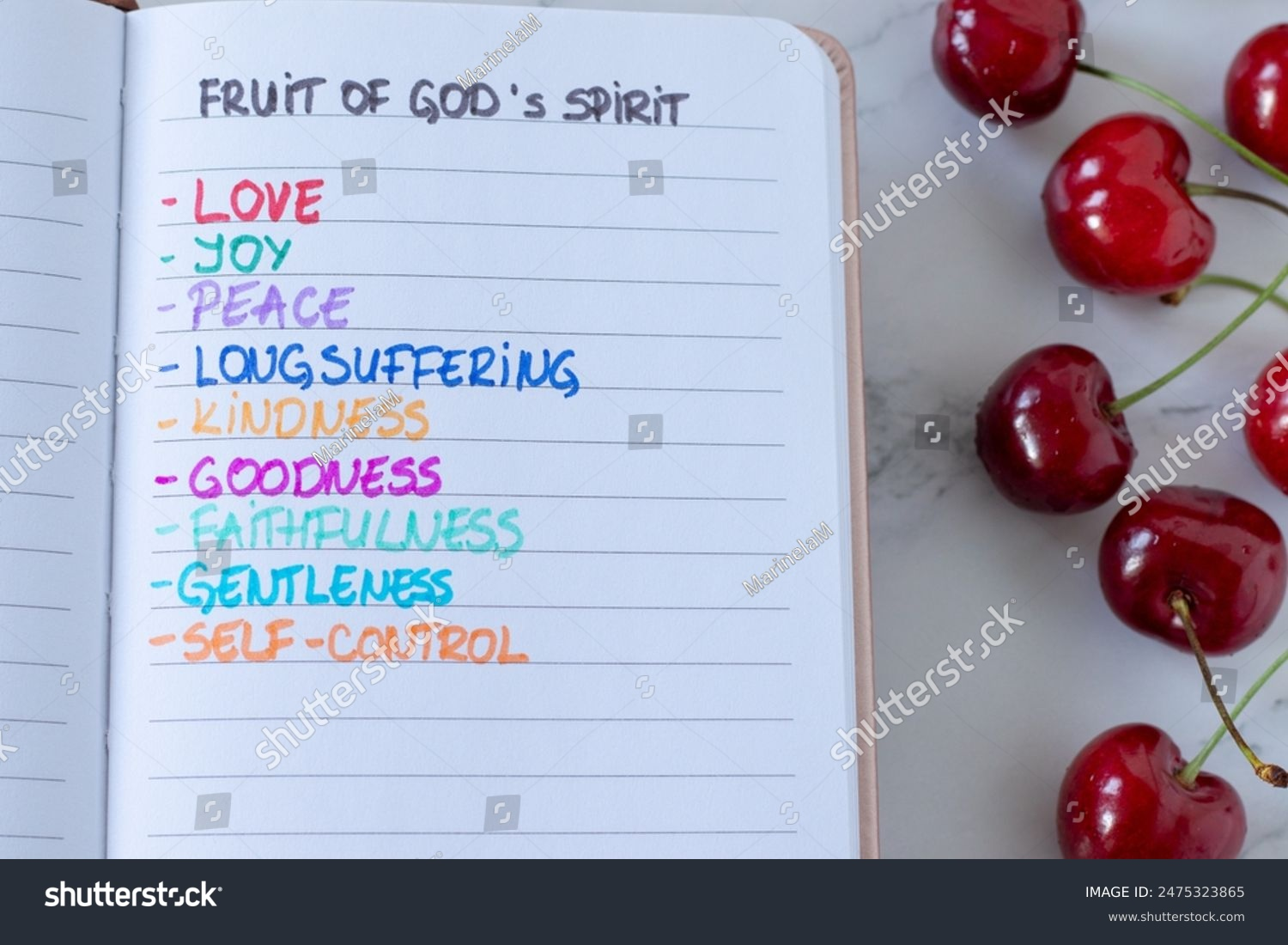The educational activities throughout one's life, from childhood to old age, are called 'lifelong education'. In terms of faith, the term 'continuous formation' would be fitting. A person of faith is constantly 'becoming', a process of embodying the likeness of Christ within oneself.
Our biggest misconception is that all formation ends with Sunday school catechism or catechumenate instruction. Just as lifelong education is necessary to adapt to the constantly evolving society and culture as we age, continuous formation is also necessary in faith. This is because we understand the world, life, and faith changes depending on the situation and age.
Another misconception about formation is thinking of it as a purely individual matter. Faith formation happens 'together' because faith is always the church's faith. If we think about it, we have always lived within a community. For a person of faith, the community is where life begins with baptism and ends with death, returning to God.
A Christian believer belongs to a community. Formation occurs through the community, and the life of the community itself is a method of formation. When Jesus called the twelve apostles and lived with them, it was to form disciples through the community. We also need the community for continuous formation. Now that most parish communities have grown large, small communities where life can be shared seem more necessary than ever.
Most parishes in Paris, France, operate 'young professionals groups'. These youth groups, consisting of about ten young people, meet every two weeks. In these meetings, they look at what they have experienced in a secularized society through the eyes of faith and share how to live as people of faith.
Participants reflect on their lives through the Bible and the teachings of the church and share various experiences, especially difficulties. They also discover new meaning and purpose of living as people of faith.
These meetings include various activities such as walking pilgrimages, retreats, dinner gatherings, and museum visits. Through these, members can strengthen not only their faith-based empathy— the ability to understand and appreciate another person's feelings and experiences and one's own humanity— a way of living in which the mind and emotions are in harmony.
In addition to these groups, the French church also has various gatherings for engaged couples, married couples, etc., where continuous formation takes place. If we think about it, there are also various organizations and communities in our country where such continuous formation occurs. Marriage Encounter (ME), Cursillo, small community groups, and Legion of Mary are good examples of formation that take place within small communities.
Such small gatherings serve as places of formation and accompany each person's faith journey. When one's concerns and difficulties are empathized, they gain strength.
For these gatherings to be more than just meetings and truly become places of formation, it is necessary for participants to recognize the importance of continuous formation together and to jointly plan for formation.
